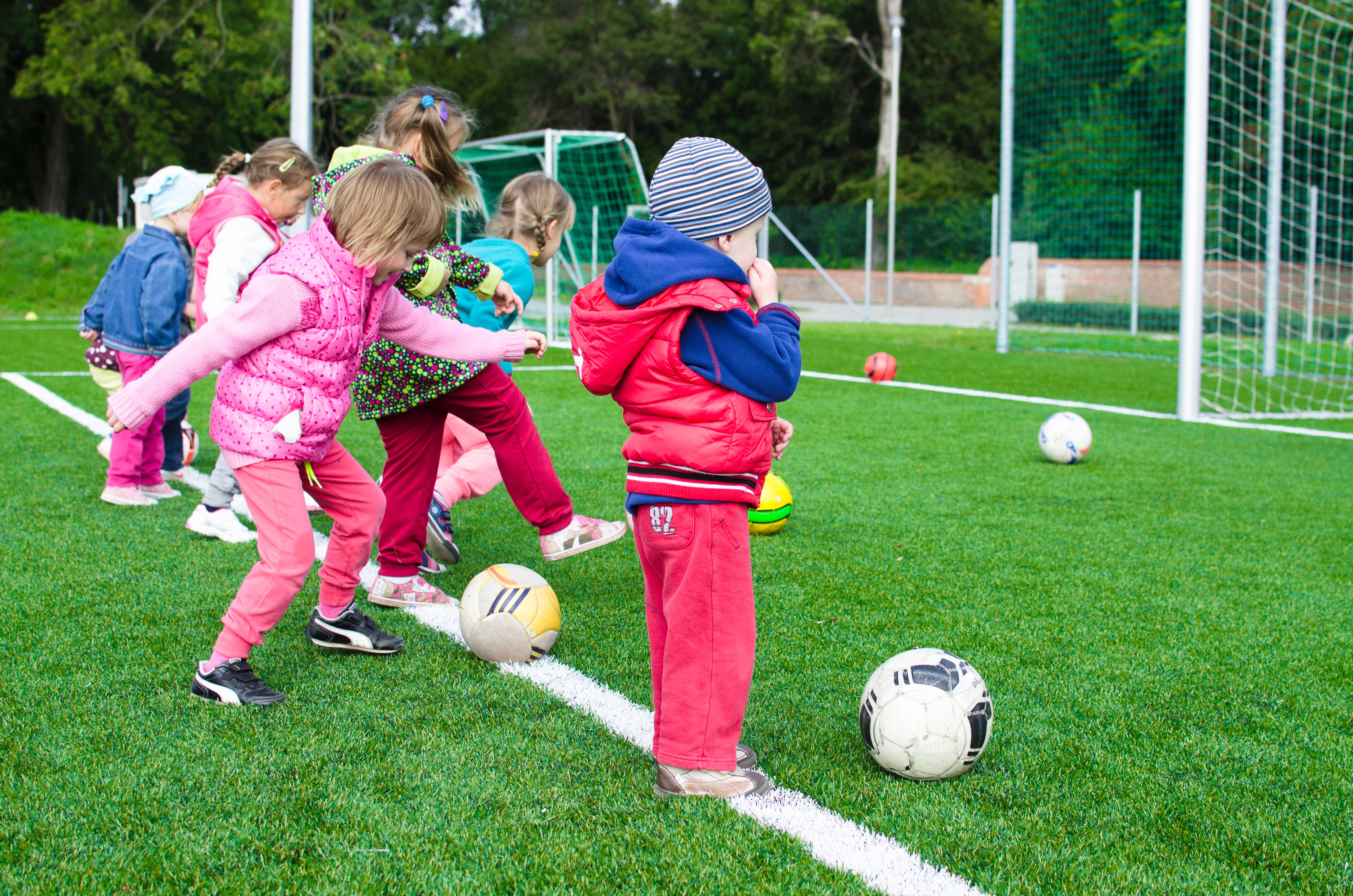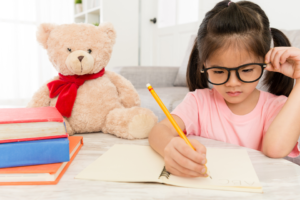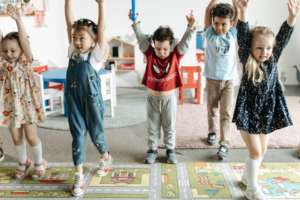
How to Get Ready for Kindergarten
 It’s an exciting prospect: your child going off to “real” school. It feels like a major milestone, but with the anticipation comes some worry. How will my child do in this new environment? What will the transition be like? Is he or she ready to start? Below, we will endeavor to answer some of these common questions.
It’s an exciting prospect: your child going off to “real” school. It feels like a major milestone, but with the anticipation comes some worry. How will my child do in this new environment? What will the transition be like? Is he or she ready to start? Below, we will endeavor to answer some of these common questions.
Visit first: See if your school allows for visits prior to the first day of school; many do so, and this can be a great way to ease any jitters your child might have about starting anew in a different place. Familiarity breeds comfort, so this can be a really simple way to make sure an incoming kindergartner feels at home in a brand new environment.
Role play at home: It can helpful to simulate what the kindergarten classroom will be like. While kids who have attended preschool or day camps will know some of the basics of waiting their turn or following instructions, the transition can still be challenging. At home, you can role play situations, work on practicing waiting your turn and raising your hand, all with the goal of easing the social transition into kindergarten; not to mention, role playing at home will help build important all-around social and communication skills. Similarly, assigning chores and tasks at home will help acclimate students to the idea of a “community classroom,” where everyone lends a hand. Again, this will help students to understand the structure of their new learning environment.
Prepare for Learning: Coming from preschool, children might expect kindergarten to be an extension of the fun and games, but it’s important to help kids understand that there will be a greater focus on learning as they enter their first year. That’s not to say that teachers don’t do a great job of making learning fun, but rather that it’s good to help kids understand that this year will be a little different than the last few and that they will be learning important things like writing and reading.
Start Early: There are a lot of activities that can be done at home before the start of the year in order to ensure that kids are academically ready. Games that focus on the letters of the alphabet or on color recognition, counting, and handwriting can really help young folks to hone skills before school starts and lessen the chances of falling behind. Further, you can look for summer clubs and camps that also focus on the learning component in an effort to make sure your child is absolutely ready to go and to reduce skills deficits.
Understand the Nerves: It can be easy as grown-ups to forget how scary things can be for kids. A child just starting kindergarten might, for instance, be too anxious to ask where to put his lunchbox or where to hang his coat, so it’s important that we understand and are sympathetic to kids’ trepidation about starting something new. Don’t brush off concerns that seem trivial: to a six-year-old, a seemingly little thing might be a big deal, so our support and understanding are vitally important to his comfort and success.
Know what your Child “Should” Know: It’s a great help to kids when they have the skills they need before starting kindergarten. So, what are some things you might want your child to know before starting? Simple skills like knowing how to write their names, how to grip a pencil, and how to hold a book correctly and flip pages can help to ease some of the stress of this new experience.
Be your Child’s Advocate: Knowing your child’s teacher(s), how to contact them, and attending any kind of pre-schoolyear meetings or workshops are important in setting yourself up to be an advocate for your child. You might even inquire about coming into the classroom to help out or getting involved in parent organizations. The idea is to be in a position to do what you need to do to ensure a smooth first year and to be a great advocate for your child.
Kindergarten is a whole new world for kids: a new place, new friends, new teachers, new things to learn. Because it can be such an overwhelming time, it’s important that parents know how to prepare kids and to help them transition into this new experience with excitement and a readiness to learn!
Written by Phil Lane
iAchieve Learning offers tutoring for Young Learners. For more information about how we can help you, contact us today!
RELATED POSTS
We’ve Only Just Begun: 3 Tips for Young Learners



